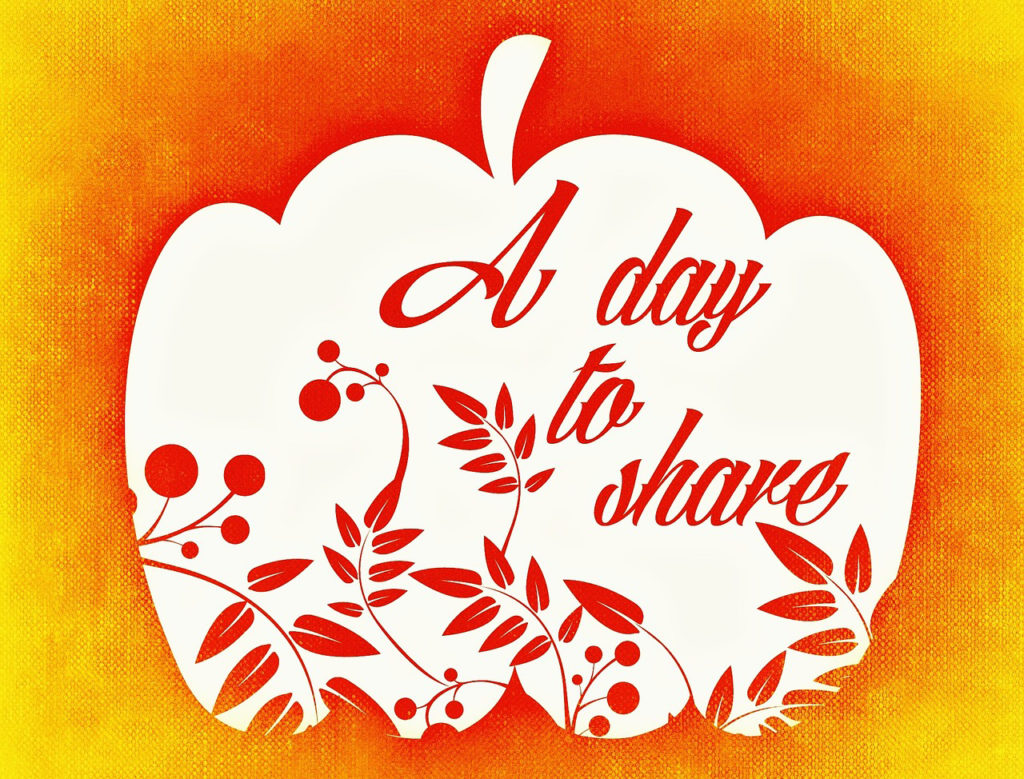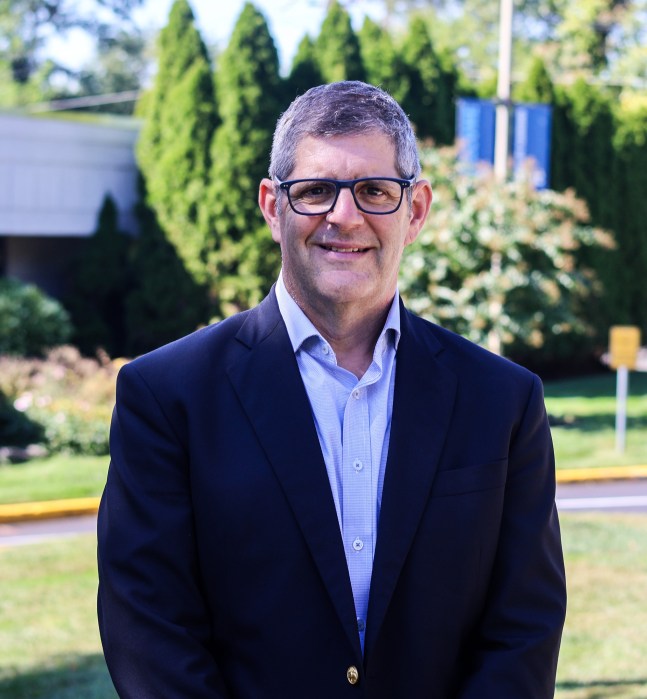Thanksgiving has passed, but the season of giving has not.
The dinners gathered and distributed by private citizens and service organizations spread the spirit of Thanksgiving across Nassau County for those who could not afford it.
Tables that would be otherwise empty were filled with turkeys, potatoes, and other traditional foods for families to gather around and celebrate.
Public officials and private citizens are now busy collecting food, toys, and clothing for those who would do without during the seasons of Christmas, Hanukkah, and Kwanza.
Lifted by the holiday spirit, many Nassau residents are also contributing money to non-profit organizations dedicated to combatting disease or those with special needs.
This outpouring of giving shows Nassau County at its best: private citizens voluntarily giving their time, effort and money to improve the lives of others, many strangers.
It also speaks to the number of people in even a relatively affluent place like Nassau County who are food insecure and the vital mission of groups like Island Harvest and Long Island Cares year-round to provide them with food and nutrition.
Approximately 221,000 people on Long Island – about 2.7% of the population – suffer from food insecurity– including 65,000 children, according to Long Island Cares.
Forty percent of food-insecure Long Island households are above the poverty level but don’t make enough to keep up with the high cost of living in Nassau and Suffolk counties, making them ineligible for nutrition assistance programs such as the Supplemental Nutrition Assistance Program, the Long Island Cares website reports.
“Food-insecure children are more likely than their peers to experience behavioral issues, reduced ability to learn social skills and impaired cognitive learning – even permanent brain damage,” the website states.
Clearly, the spirit of giving is needed year-round.
Though it has a religious background, Thanksgiving in the United States is generally considered a secular holiday. But not so for Christmas, Hanukkah and Kwanza. They are religious holidays reflecting their own traditions. Although each teaches helping the less fortunate, that spirit is greatest during the holiday season.
The spirit of giving sometimes runs counter to a school of thought that promotes individual responsibility and suggests that helping the poor discourages them from working hard. Some contend that poverty is the fault of the poor and a reflection of problems with the poor’s character. Better to teach them – or encourage them – to fish than to give them a fish, the argument goes.
This argument is often reflected in the debate over the role of government in combatting poverty and need.
There are those on the other side of this political argument who believe that the government should be doing more to address poverty and volunteers can obscure this need, particularly during the holidays.
Others prefer the work of volunteers because their help is given freely without the government forcing them to pay with their tax money.
We believe that as long as there is a need, volunteers should be encouraged to fill the holes in our political system and ensure that all of us are able to enjoy the holiday season and meet our basic needs year round.
Often missed in this debate over the role of government is the benefit to those who give.
As Shakespeare said of mercy in “The Merchant of Vence,” “It is twice blest; It blesseth him that gives and him that takes.”
People who give their time or money receive the satisfaction of personally making a difference.
That is the power of Thanksgiving and the holiday season—the power of sharing, as presented by another English author, Charles Dickens, in “A Christmas Carol.”
The power of this classic work’s enduring message is reflected in the countless times during holiday times that it has been read since it was first published in 1853.
We’ll save the debate over the government’s role in helping the less fortunate for another time.
For now, we say the need is great and encourage everyone to get into the holiday spirit by giving now. And even after the holiday season ends



































